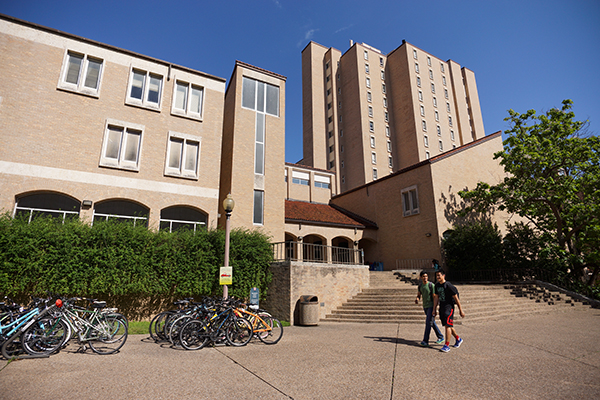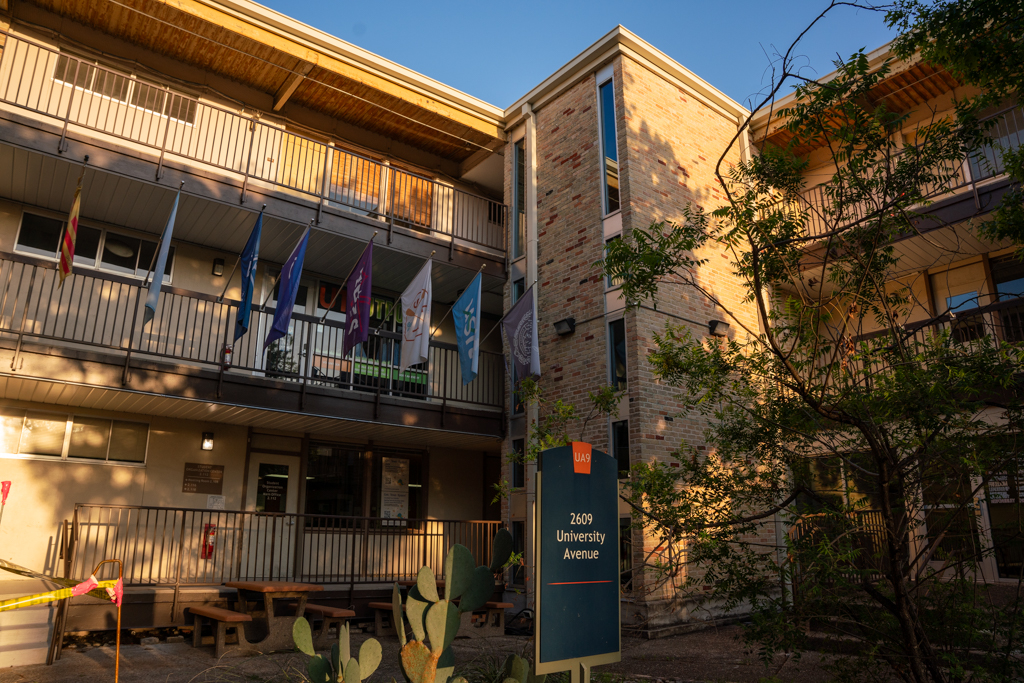As incoming freshmen select dorm rooms, find roommates and buy furniture, there are additional steps they can take to ensure a smooth move-in experience.
During Mooov-In on Aug. 23-24, thousands of students and family members will fill residence halls. Resident assistant Dillon Gentry said because resources such as carts and supplies to loft beds are scarce during this time, students should look into bringing their own.
“It helps if you can maybe bring in a rubber mallet or dolly,” said Gentry, an electrical and computer engineering junior. “It isn’t required, but it can really streamline the whole process.”
Students should also consider bringing their items in sturdy containers, Gentry said.
“I saw students moving and their containers were not secured on their cart, and all of their stuff fell over in the street,” Gentry said. “It’s already an emotion-packed day, so you want it to be as smooth as possible.”
Justin Samuel, assistant director for residence life at University Housing and Dining, said because most dorms have Twin XL mattresses, students need to buy sheets that will fit.
“Students can also bring in a futon or a mattress pad, or if they even want to bring a mattress, they can,” Samuel said. “However, they can not take the dorm furniture out of their room, so if they’re bringing something in, they just need to realize that.”
Any lamps students bring need to have compact fluorescent or LED lightbulbs, Samuel said.
“We have found that incandescent lightbulbs burn out quickly, they use up a lot of energy and the heat from the bulbs can start a fire,” Samuel said. “Because of that … we have now fully endorsed compact fluorescent lightbulbs.”
Hanging lights, candles, toasters and other appliances with heating elements are also not allowed in dorm rooms. Resident assistants will check rooms twice every semester for potential fire hazards, Samuel said.
“We like to educate our residents and make sure that their environment is a learning environment, so we actually provide a quiz for students to take during their first violation,” Samuel said. “But if they’re a second violator, then you could pursue a fine.”
Samuel said students should look at the dorms during orientation to get an idea of how much space they will have.
“Make sure you look around to see what we provide you already in the room, and then if you bring your basics when you move in, you can always bring more stuff later,” Samuel said. “And then talk to your roommate, because you don’t want to both bring rugs or TVs.”
Resident assistant Alex Jackson said he recommends students also talk to their roommates about living preferences before moving in.
“Talk about when to take out the trash, if you want to go to bed early on school nights and if you are comfortable with having people over, stuff like that,” mechanical engineering junior Jackson said. “This can help prevent conflicts later in the year.”
University Housing and Dining provides a full list of prohibited items along with more information on their website and in the Residence Hall Manual.





















